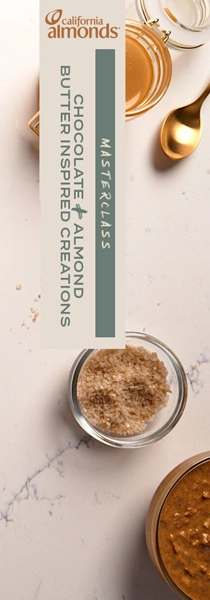
- Industry news
Industry news
- Category news
Category news
- Reports
- Key trends
- Multimedia
- Journal
- Events
- Suppliers
- Home
- Industry news
Industry news
- Category news
Category news
- Reports
- Key trends
- Multimedia
- Events
- Suppliers

The non-carbonated portfolio performance was driven by double-digit gains in trademark Aquafina, Lipton ready-to-drink teas and Propel fitness water, and high-single-digit growth in Gatorade sports drinks.

13/10/06 PepsiCo reported a 73% increase in third quarter earnings per share to $0.88. Earnings growth includes the impact of a $0.27 per share tax charge incurred in the prior year related to the Company's repatriation of cash. Excluding the impact of the prior year tax charge, EPS increased 12%.
PepsiCo CEO Indra Nooyi said, "We are very pleased with our performance for the quarter, especially as we are cycling very strong performance from the third quarter of 2005 -- when revenue was up 13% and Division operating profit increased 14%. Each of our businesses had very strong top line growth. Our International business in particular performed very well, with double-digit sales and operating profit gains. This quarter demonstrates the flexibility we have within our portfolio to overcome cost challenges and competitive pressures to deliver strong top line and bottom line results."
Operating profit performance benefited from the sales gains, but operating margins were affected by higher costs and increased marketplace spending, principally within the PepsiCo Beverages North America division. Cost increases were driven by higher orange costs -- a key input for the Company's Tropicana Pure Premium product -- and by higher supply chain costs for Gatorade to meet increases in peak seasonal demand. In addition, the Company increased discretionary marketplace investment at PBNA. The impact of the higher costs and discretionary marketplace investment at PBNA accounted for more than the total operating margin decline.
"We are very confident in our outlook for the balance of the year as all our businesses are performing well," said Nooyi. "Given the strength of the Company's performance through the first three quarters of 2006 and our outlook for the fourth quarter, we are increasing our full-year 2006 earnings guidance to at least $2.98 per share, which represents a double-digit increase to both our reported and core 2005 earnings, and exceeds by $0.05 per share the earnings target we set at the beginning of 2006."
Frito-Lay North America net revenue growth was driven by double-digit gains in trademark Tostitos, SunChips and Quaker snacks; mid-single-digit growth in trademark Lay's and Cheetos; and low-single-digit growth in trademark Doritos. Volume increased 3% in salty snacks and mid-single-digits in other macro snacks. Net revenue growth benefited from the volume gains and from effective net pricing. The Stacy's Pita Chip Company acquisition contributed approximately 0.5 percentage points to both revenue and volume growth. Operating profit reflected the revenue growth, offset somewhat by higher commodity costs, primarily energy and cooking oil.
Pepsico Beverages volume growth was driven by a 13% increase in non-carbonated beverages, partially offset by a 2% decline in carbonated soft drinks (CSDs) in the quarter. The non-carbonated portfolio performance was driven by double-digit gains in trademark Aquafina, Lipton ready-to-drink teas and Propel fitness water, and high-single-digit growth in Gatorade sports drinks.
The CSD decline reflects a low-single-digit decline in trademark Pepsi, offset slightly by positive performance for trademarks Mountain Dew and Sierra Mist. Diet CSDs across all trademarks posted a slight gain, while regular CSDs declined low-single digits.
Net revenue grew in line with volume. Positive mix benefits, reflecting the strength of non-carbonated beverages, and price increases were offset by higher trade incentives and the timing of concentrate shipments to bottlers. Favorable Canadian foreign exchange rates contributed approximately 0.5 percentage point to net revenue growth.
Operating profit declined 4%, as the division faced its most difficult comparison from the prior year, when operating profit increased 16%. The operating profit results reflect the higher trade incentives, higher orange costs associated with the division's Tropicana Pure Premium business, higher supply chain costs in Gatorade to meet increased peak seasonal demand, and higher energy costs. These increases were offset somewhat by lower advertising and marketing expense.
Broad-based international snacks volume growth of 12% was led by high- single-digit growth at Sabritas in Mexico and double-digit growth in Russia, Turkey and Egypt. Acquisitions contributed three percentage points of growth. International beverage volume grew 8%, driven by mid-single-digit growth in CSDs and double-digit growth in non-carbonated beverages. Broad-based gains were led by double-digit growth in the Middle East, China, Russia and Argentina.












